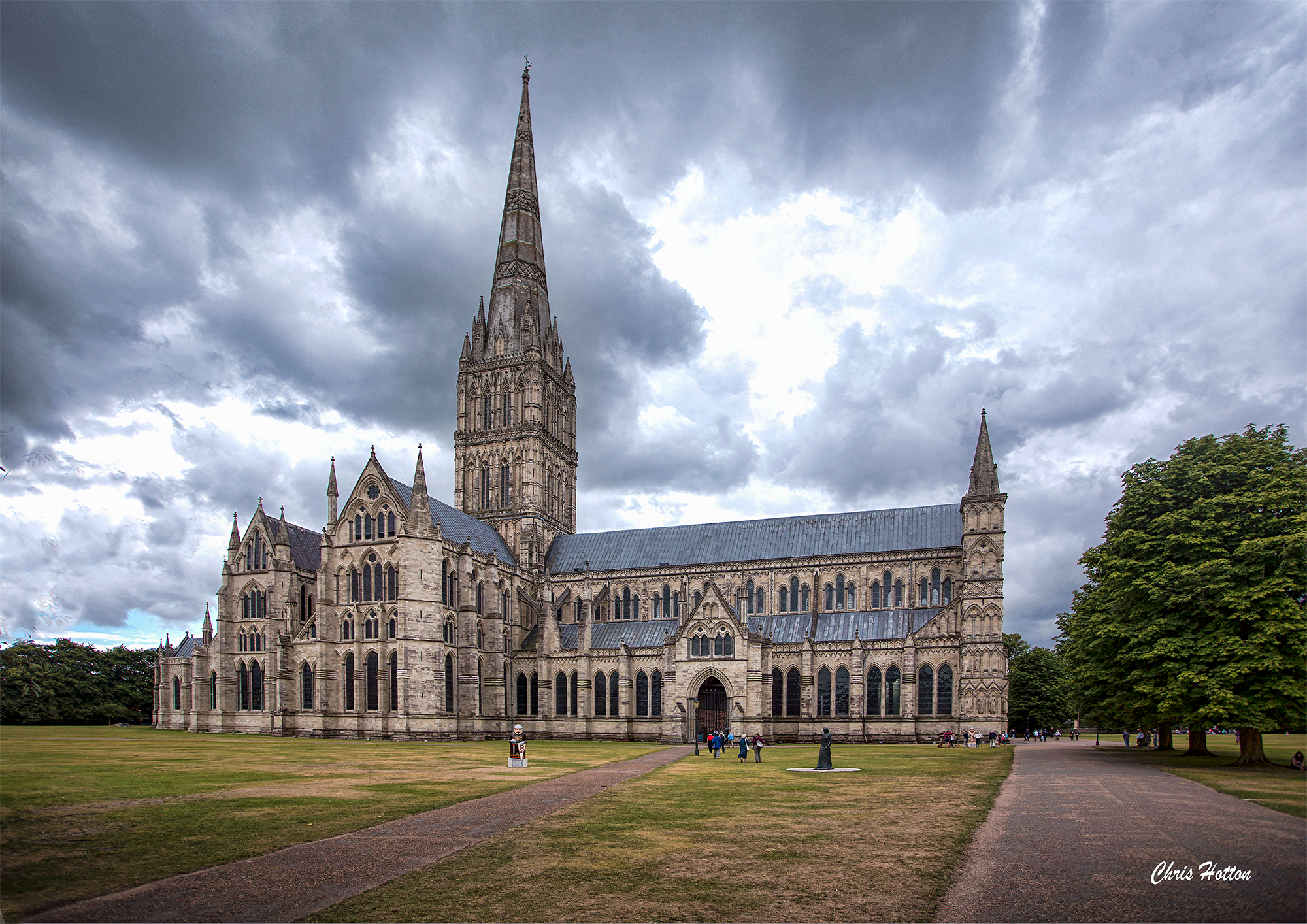
For Christmas reading, the British political establishment might pick up something by William Golding, winner of the Nobel Prize for literature in 1983. Lord of the Flies is his most famous work, with its grim suggestion that the line between innocent children and murderers is thin. For an insight into Brexit Britain’s current predicament after a week of chaos, however, I recommend The Spire.
The book is a study of monomania. Dean Jocelin has visions of adding to his cathedral a 400-foot steeple, an expression of human prayers reaching into the heavens. But the intensity of his ambition blinds him to his other duties and threatens both the cathedral and the community around it. As Jocelin himself admits, “at the moment of vision, the eyes see nothing”.
It is impossible to miss the analogy. The UK is being driven by visionary enthusiasts for Brexit just as surely as Jocelin’s attendants had to bend to his will. Whether their visions are realistic is quite another question. Last summer David Davis, the man charged with delivering Brexit, predicted that the UK would be able to negotiate a free trade area “massively larger than the EU” within two years. That was 17 months ago. Whatever Mr Davis was gazing at back then, it wasn’t reality.
Then there are those wretched experts, who tell Jocelin that his spire is impossible. The master builder, Roger Mason, confronts him with an inescapable dilemma: if the spire’s structure is too lightweight, the next storm will blow it down; a sturdier structure will warp the cathedral beneath it, or sink into the swamp.
Jocelin berates him for lack of faith; the dean wants to have his cake and eat it. Nor can evidence dissuade him. When Mason digs into the cathedral’s non-existent foundations, showing Jocelin the soft earth writhing under the weight of the building, the zealot’s faith is strengthened. If the current cathedral stands on foundations of mud, isn’t that proof that miracles are possible?
Brexit, of course, is not only possible but almost inevitable. But the promises that have been made cannot be fulfilled any more than Jocelin’s spire could safely be built. We cannot “have access” to the single market (that is, remain in it) while also ending freedom of movement; we cannot leave the customs union without introducing a customs border. The discovery of the week — surprising to nobody who has been paying attention — is that this customs border can be located on neither land nor sea.
Jocelin ignores the experts. “I thought it would be simple,” he says. “I had to build in faith, against advice. That’s the only way.” And it proves all too easy to ignore those who might restrain him. One faithful priest, “Father Anonymous”, is too boring to notice. In another life, perhaps he would have been an economist. Others, Jocelin remarks sharply, would profit if the project was thwarted. It is true that sometimes the experts have an eye on their own finances. They may nonetheless be right.
Admittedly, pure determination sometimes finds a way. Monomaniacs change the world, sometimes for the better. One recalls the description of Steve Jobs in his early years at Apple, generating a “reality distortion field” that could redefine what was possible by “sheer mental force”.
Even The Spire was inspired not by folly, but by a triumph. For more than 15 years Golding was a teacher in the shadow of Salisbury Cathedral, whose 404-foot spire has been the tallest in the country for nearly five centuries. Perhaps long-forgotten experts once warned that it could never be built.
Whether Brexit eventually turns into something worth admiring will be for future historians to judge. For now, Golding invites us to ponder the cost. Jocelin’s ambition requires an army of builders to deliver it; that army murders an innocent person.
“Let it be so,” says Jocelin to the heavens. “Cost what you like.”
The project takes a toll in ways that blinkered Jocelin did not consider and takes too long to notice. Letters from allies go unanswered. Urgent business is postponed. The cathedral starts to die; the congregation leaves.
Observers of British politics will not find the parallel hard to discern: the centre ground has been hollowed out, the economy is faltering, respect for basic norms of truth-telling are in tatters, and the union itself is under strain.
Jocelin slowly realises the toll his project is taking on those around him, but since he is doing the work of God, any price must be worth paying. British politicians obey the will not of God, but of the British people as expressed in a referendum. It seems to amount to the same thing.
In the end, Jocelin is stripped of his job and his dignity. The long-predicted storm comes. Reality asserts itself. The vision, the visionary and the spire itself crack under the strain.
“I thought I was doing a great work,” Jocelin confesses. “And all I was doing was bringing ruin and breeding hate.”
And yet the spire does not fall. That is where Golding leaves us: the project cannot go on, but it cannot be undone. Disaster hangs in the air. “Has it fallen yet?” asks the stricken Jocelin. Not yet.